Innovative Research Methods
Community Initiated Student Engaged Research (CISER)
CISER is an approach developed by a group at UC Santa Cruz that brings together students, researchers, and community partners to collaboratively generate new knowledge, which we then share with key policy makers, community organizations and community members to spark dialog and improve community well-being.
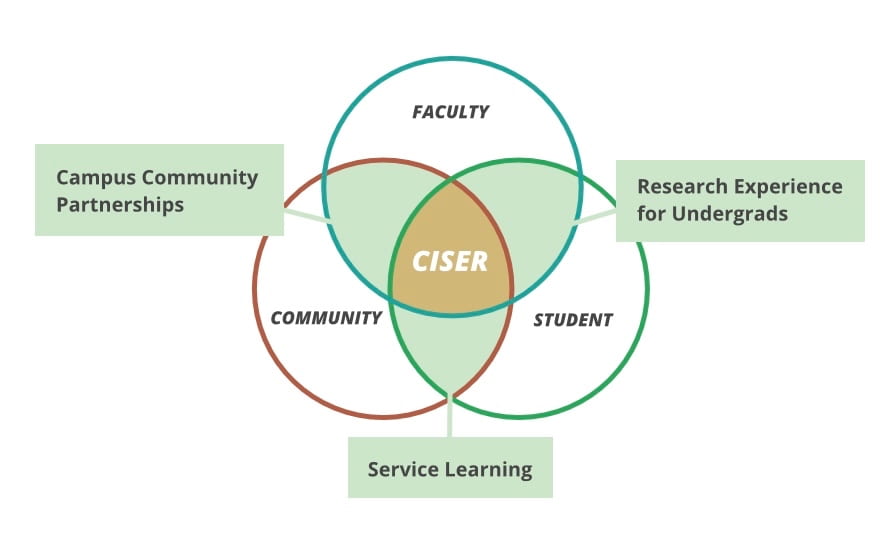
Community-Initiated
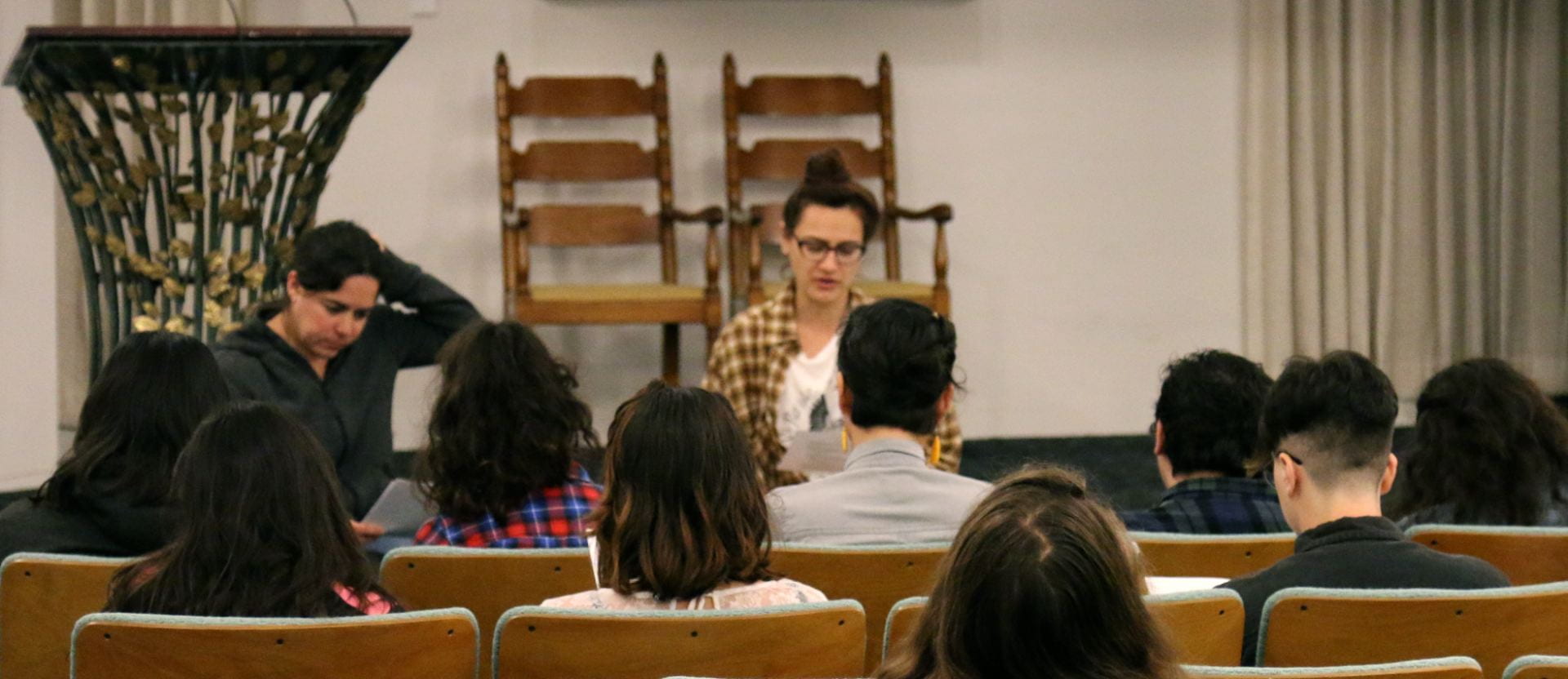
The CISER approach begins by listening to our local partners, who are steeped in the daily work of addressing the challenging social issues facing our communities. We ask two questions: what do you know (based on experience) that you can’t “prove,” and what do you need to know to do your work better? Based on their experience, they tell us of the dearth of data on vulnerable populations, often deemed “hard to reach,” which results in their being poorly served, overlooked, and under-funded. Our previous CISER projects have tackled community issues such as low-wage work, the affordable housing crisis, and bi-lingual and multimodal literacy.
Student-Engaged
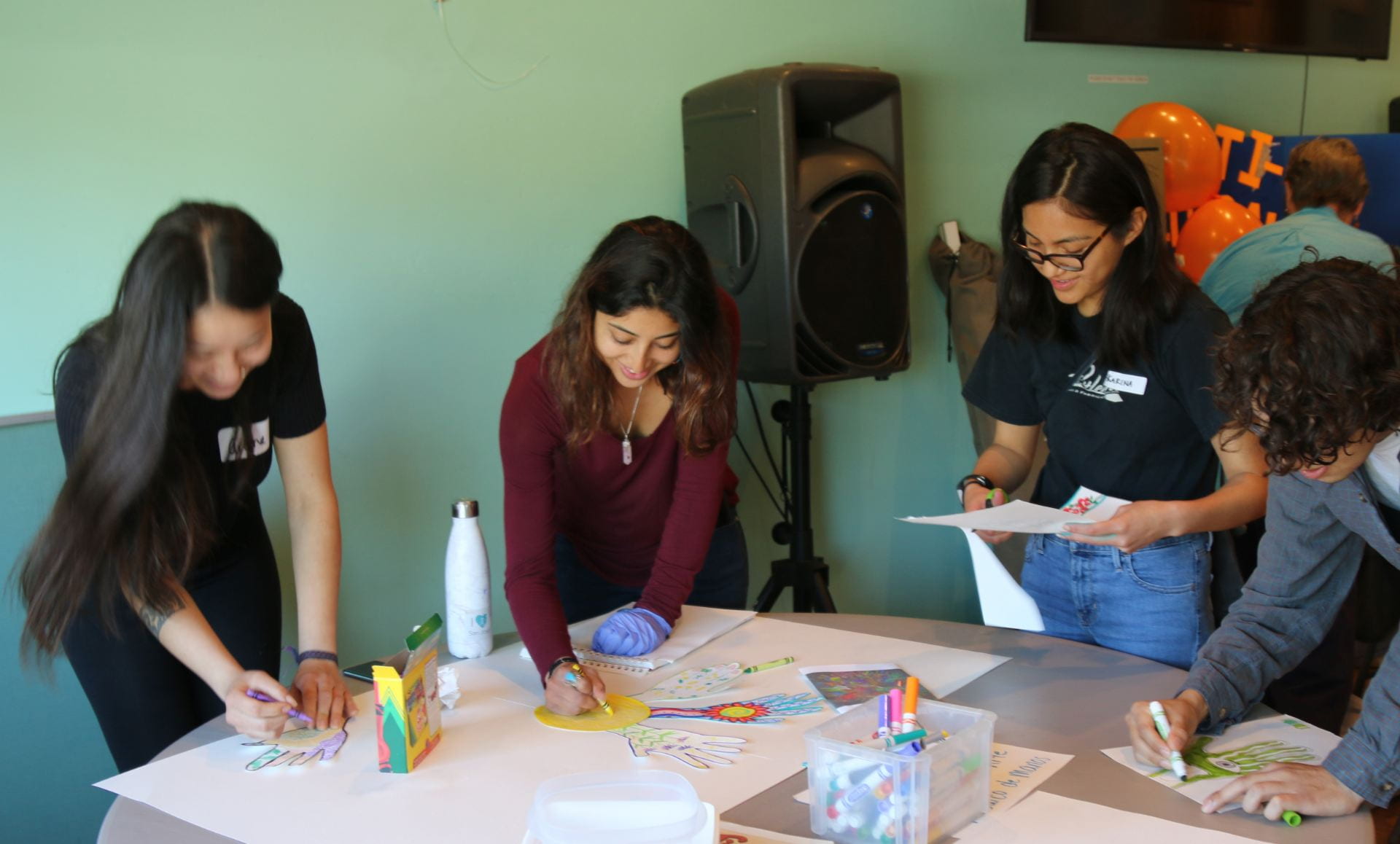
We then train a large cohort of undergraduates through course-based action research. Students – a majority of whom are from under-represented groups – work alongside instructors/researchers, e.g., surveying workers in the backs of kitchens, mapping immigrant-friendly spaces, or documenting the lives of the unhoused. Student-researchers with relevant lived experience and/or language skills can connect us to “hard to reach” populations our community partners serve.
Many of our students are bilingual Spanish speakers, or have chosen to participate in CISER projects due to experiences with the research issues. When they enter college, these characteristics are often considered “deficits.” However, CISER flips the script, recognizing their language, culture, and life experiences as key assets in gathering the highest quality data.
Public-Scholarship
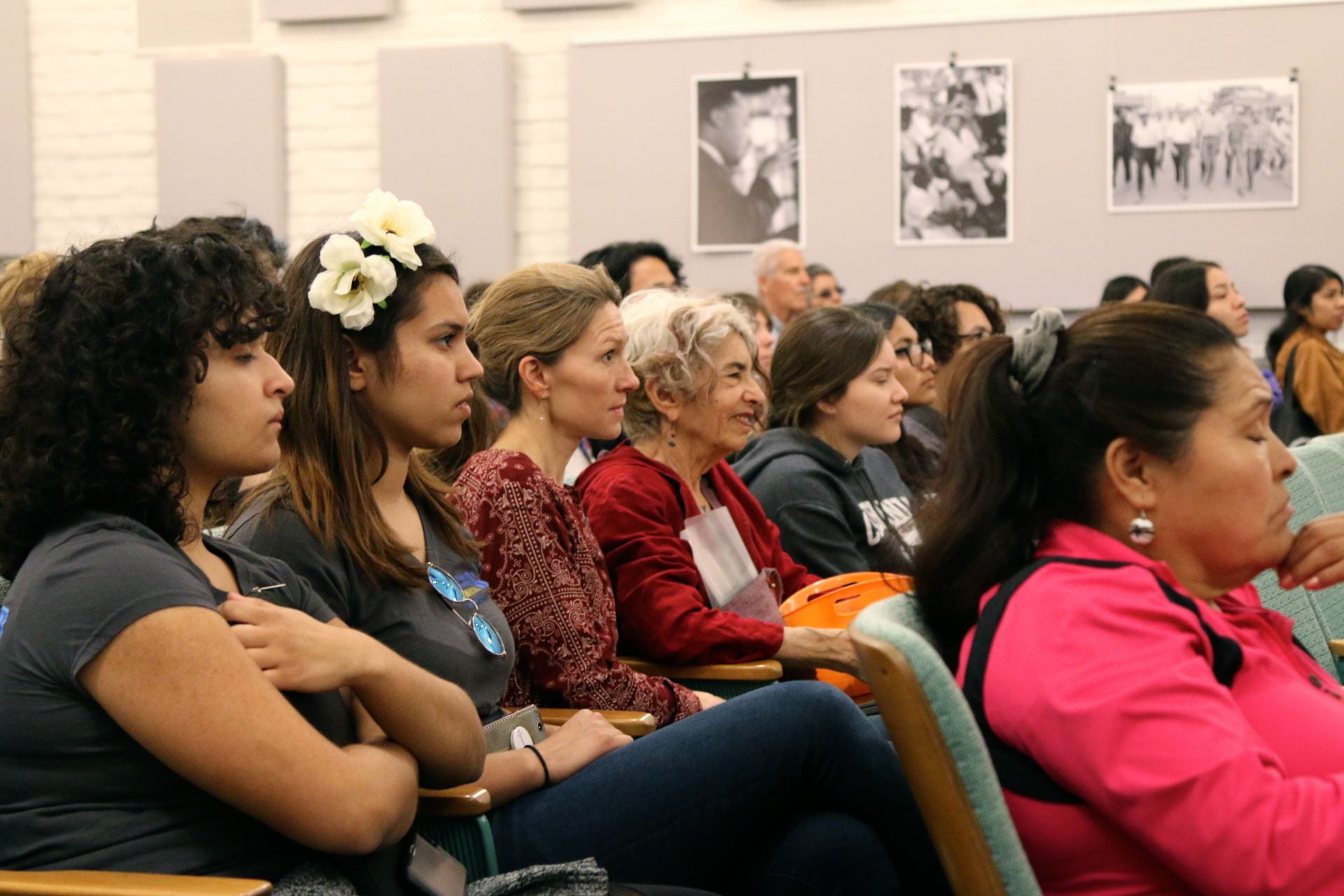
CISER aims not only to create new knowledge, but to make sure it is compelling, accessible, actionable, and fosters public discussion. CISER develops a range of data including: large-scale surveys, ethnographic interviews, focus-groups, digital story-telling and community mapping. We also create varied modes of dissemination, such as bi-lingual neighborhood workshops, large public fora, bi-lingual websites and on-line media, policy papers, and academic publications. These research results and their public dissemination help inform local public debates about key social issues, how they are experienced, and how best to address them.
SOCIOLOGY 139T: Community-Engaged Research Practicum
This course, taught by Prof. Steve McKay, introduces undergraduates in the ethics, theories and methods of CISER, training them through participation in a hands-on collective research project. The 45 enrolled students collaborate with each other, the UCSC community, and one or more Santa Cruz community organizations to carry out a research project concerning a local social problem or issues. Student teams are involved in different aspects of the project: from designing the interview questions; recruiting subjects; conducting interviews; transcribing interviews; coding and analyzing interview transcripts; developing data visualizations; and producing visual/audio project documentation.
Currently the course is integrated into the We Belong project, with students focusing on in-depth interviews with immigrant family members, particularly the experiences of families of mixed legal status, and building grassroots connections between student researchers and the community for immigrant justice.
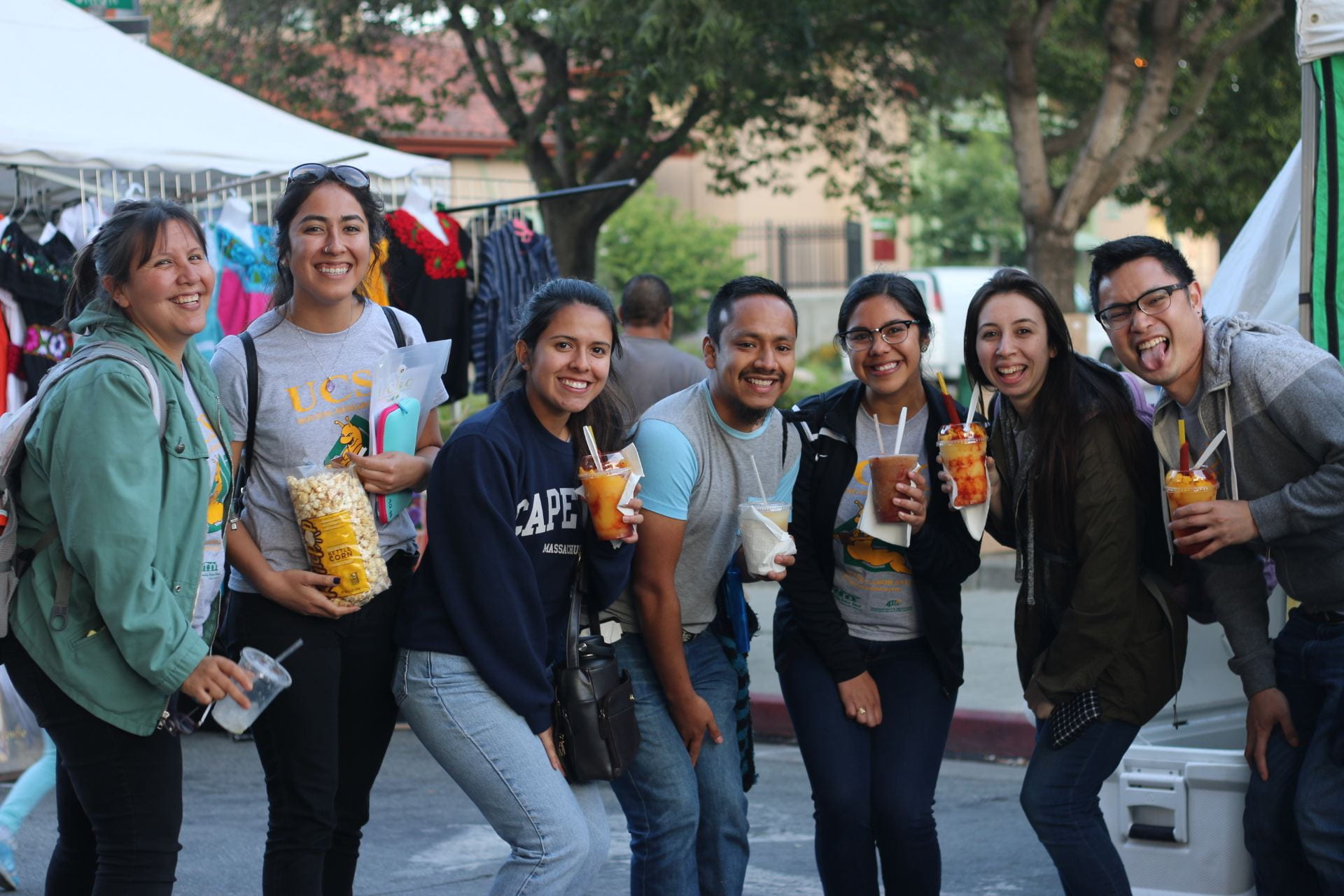
OAKES 153: Community Mapping
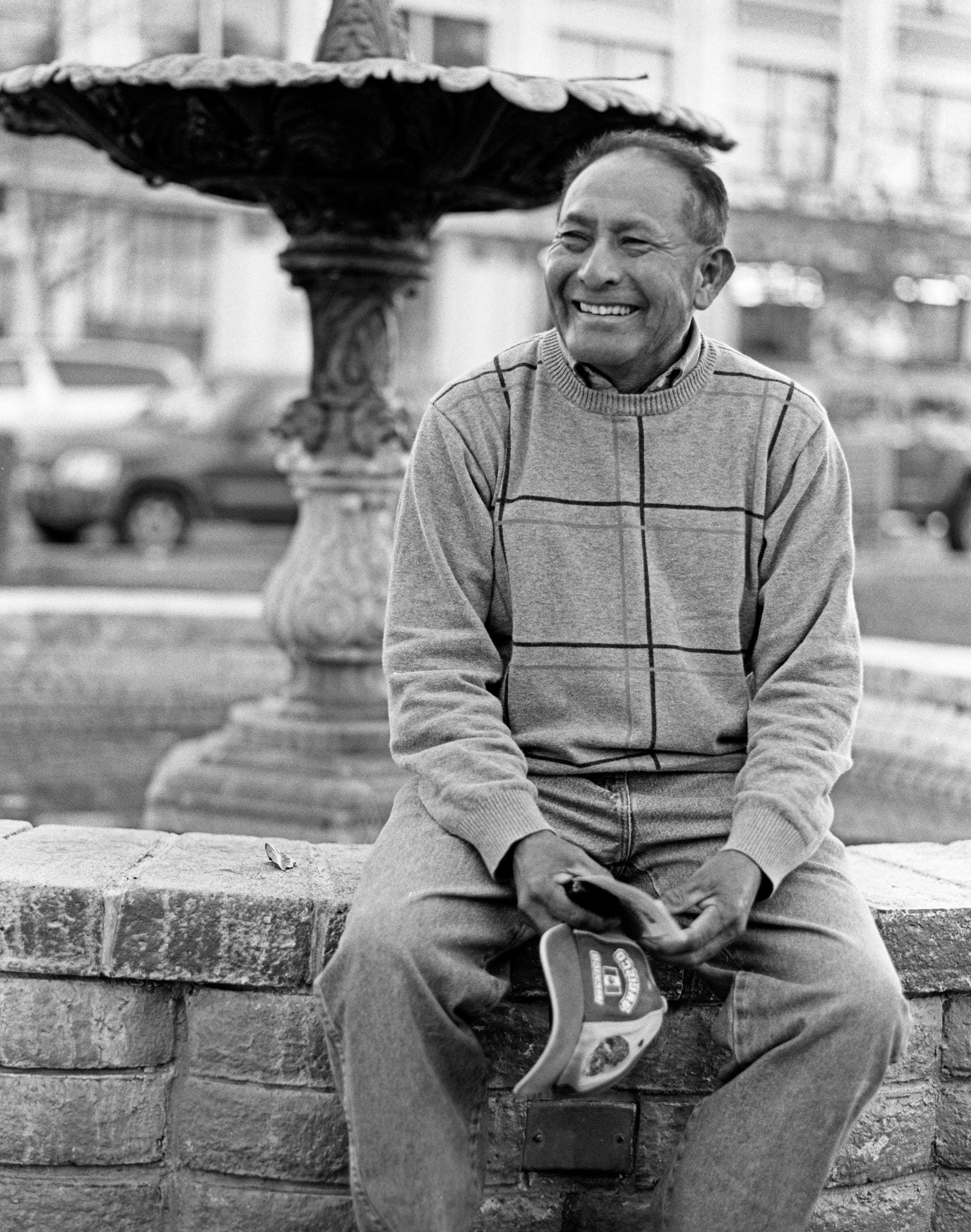
In this course, designed and taught by Dr. Leslie Lopez, approximately 25 students study the theories and methods of asset-based community mapping, and work in research teams in collaboration with local organizations to design and conduct participatory-action research for justice. Students learn ethical participant observation, coding, and three specific data collection methods: survey, individual interview, and focus group. They analyze assets and barriers for community power and social justice in a shared space; and develop an assessment and recommendation for next action steps.
The current focus of Oakes 153 is working directly with We Belong to gather stories and analysis from members of immigrant communities in our county, focusing especially on people who belong to mixed-status families, and people who work in organizations or agencies serving immigrants. Students study (and map) community sites as part of a regional context, assessing both how social service providers working with immigrant families see their services and the community, and how community members experience them.
Community-Based Action Research and Advocacy (CARA) Program
The Oakes College CARA Program creates opportunities for experiential education, leadership, research, and career development; CARA centers the strengths and needs of first-generation college students and projects for transformative social justice. Through courses, internships and student staff positions, CARA emphasizes community-building, connecting students with schools and grassroots organizations off-campus, and teaches critical research and communication techniques that build confidence and support justice initiatives.
CARA runs several projects, including: Corre la Voz, which trains student to work with local 4th-5th grade Dual Language Learners as after-school mentors in ways that promote community and collective empowerment; and Puentes, which focuses on improving immigrant legal aid and build bridges between UCSC and the local community to help close the access to justice gap for local immigrants and refugees.

Summer Internships & Youth Mentoring
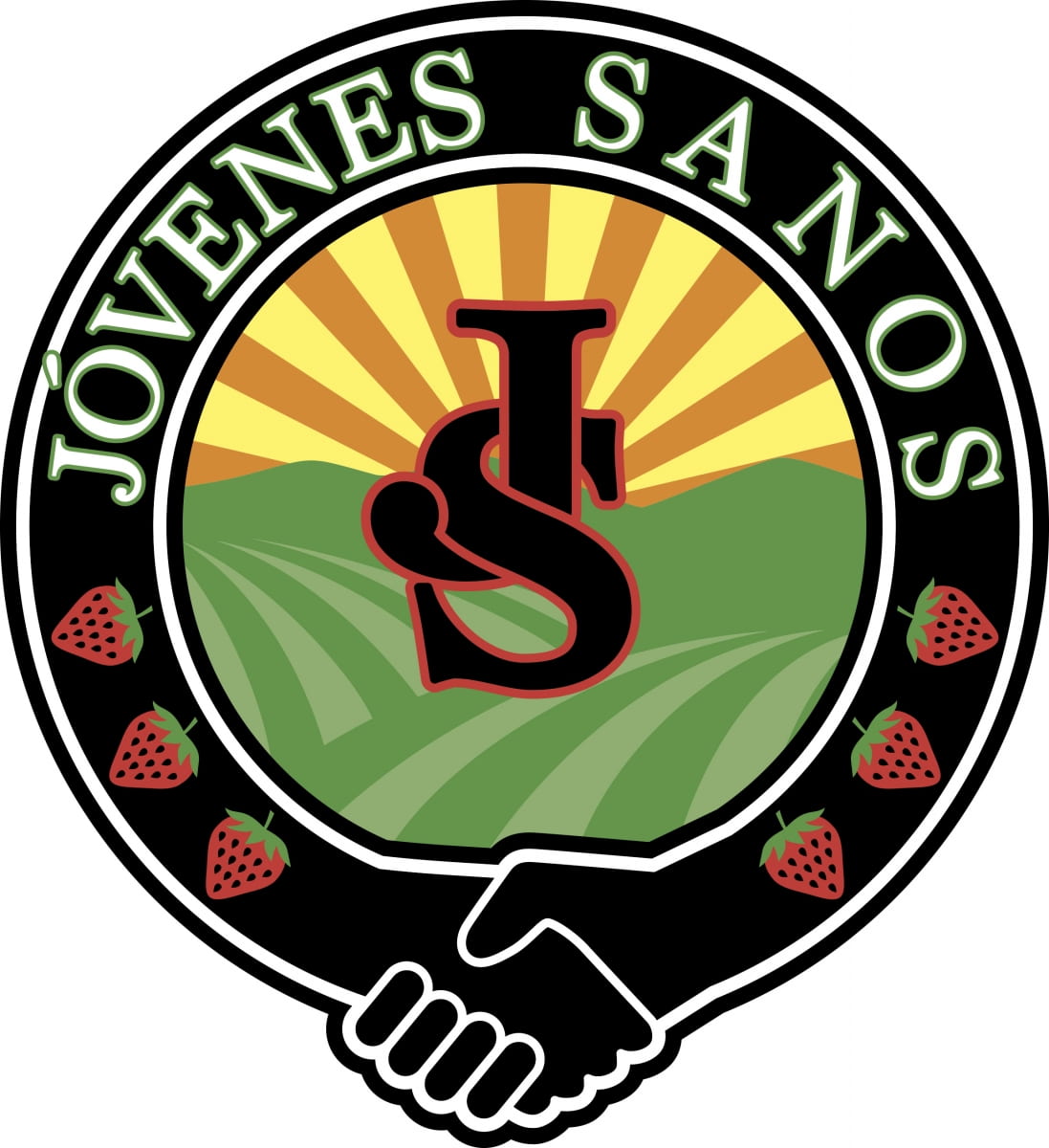
To continue and deepen the project, 9 undergraduate students from the project receive paid summer research internships to work with primary investigators, graduate students and community partners to conduct new interviews, translate/transcribe/code interviews, complete data analysis, and develop data visualizations and a publicly accessible website. The undergraduates also work directly with area youth through the United Way’s Jovenes Sanos program, a Watsonville based youth leadership and advocacy program that strives to empower, educate, and raise awareness about public health issues. UCSC interns mentor 8-10 local high school and community college students, introducing them to community-based research and pathways to college, while local youth provide guidance on community, youth and public health issues as well as help with project outreach and recruitment.
